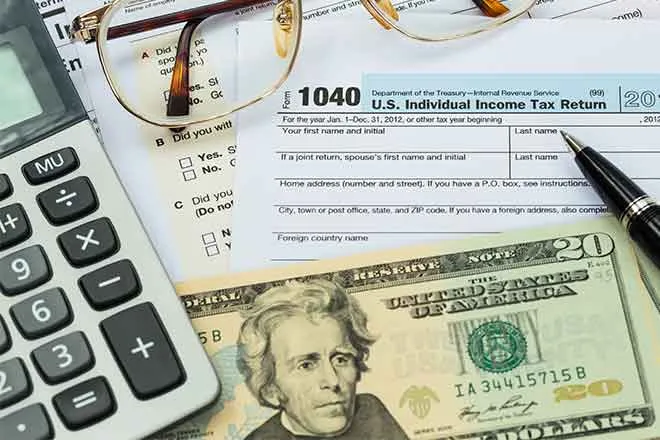
Expect increase in debt collection lawsuits, debt collectors seizing stimulus checks
(The Center Square) – A new report published by Pew Charitable Trusts suggests that with the increase of debt collection lawsuits, “debt collectors may seize $1,200 coronavirus checks intended for household expenses.”
Before the coronavirus restrictions began, American household debt had already increased by $1.5 trillion between 2008 and 2019. As debt increased, so also did an aggressive approach made by creditors and third-party firms to use state civil courts to pursue collections through debt claims, Pew says.
“As the COVID-19 pandemic continues to shutter businesses and disrupt the national economy, the number of debt collection lawsuits may continue to grow,” said Erika Rickard, director of the civil legal system modernization project at Pew.
“This coming wave presents a critical opportunity for court leaders and other policymakers to take action to ensure that all parties in state civil courts have the chance to be heard and receive a ruling based on the facts,” Rickard adds.
In “How Debt Collectors Are Transforming the Business of State Courts,” researchers examined trends in debt collection lawsuits across state and local civil courts over the past two decades.
Debt claims were the most common type of civil case in eight of the 12 states for which at least some court data were available – Alaska, Colorado, Missouri, Nevada, New Mexico, Texas, Utah and Virginia, the report found.
In a typical debt claim, a business or company that purchased delinquent debt from the original creditor sues an individual to collect debt generally under $5,000. The frequency of consumers losing in court to debt collectors has not been based on the facts of the case, but rather because consumers are often not there to plead their case or show up without an attorney, the report found.
Less than 10 percent of defendants in debt collection lawsuits studied from 2010 to 2019 had counsel, compared with nearly all plaintiffs. Those with legal representation were more likely to win their case outright or reach a mutually agreed settlement with the plaintiff, Pew found.
Debt lawsuits frequently end in default judgment, indicating that many people do not respond when sued for a debt, the report found. Within the last 10 years for which data was available in certain jurisdictions, courts resolved more than 70 percent of debt collection lawsuits with default judgments for the plaintiff.
“Default judgments exact heavy tolls on consumers,” Pew states. “Courts routinely order consumers to pay accrued interest as well as court fees, which together can exceed the original amount owed. Other harmful consequences can include garnishment of wages or bank accounts, seizure of personal property, and even incarceration.”
Although 49 states and the District of Columbia provide public reports of civil cases each year, 38 states and the District provide no details about the number of debt cases they handle.
Texas is the only state that reports on all types of cases, including outcomes, across all courts.
“By having clear data on the number of debt claims in our courts, we’re able to see the rise of these cases across our state,” Nathan Hecht, chief justice of the Texas Supreme Court and president of the Conference of Chief Justices, said in a Pew Charitable Trusts news release. “The shifting landscape of cases resolved in civil courts requires us to look closely at the way we handle these cases.”
States can improve the way they handle debt cases by tracking data about debt claims, and review state policies, court rules, and common practices to identify procedures that can ensure that both sides in a debt collection case have an opportunity to effectively present their cases, Pew suggests.
From 2009 to 2019, 12 states made policy changes, seven through state legislation and five through court rules.
















